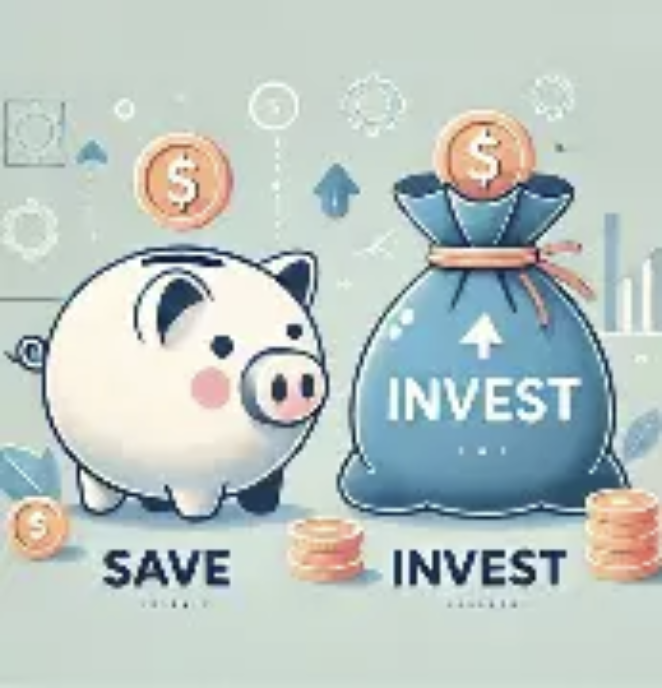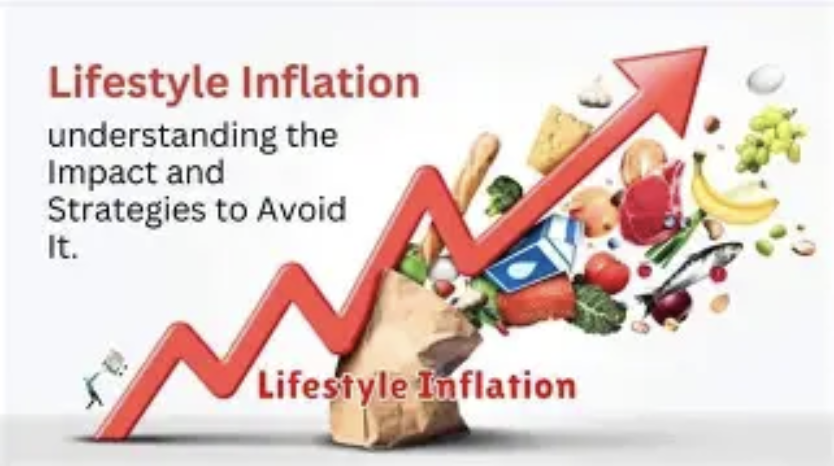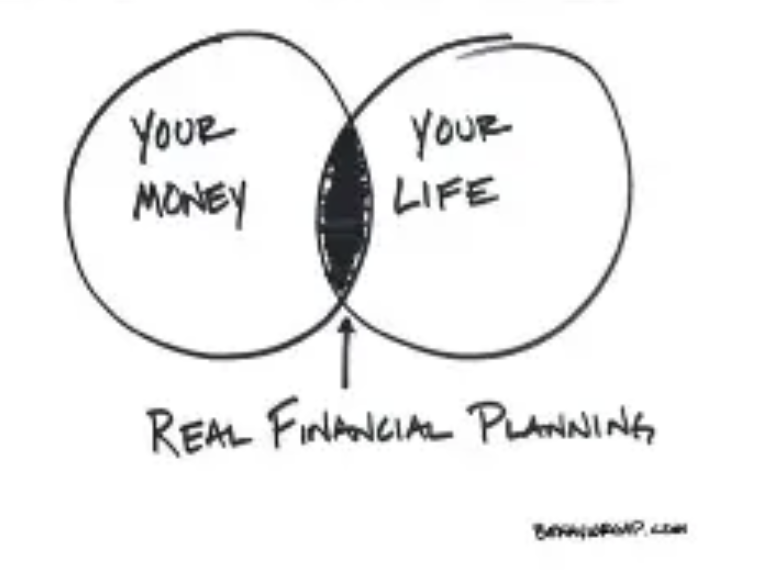Why You Can’t Save Money Despite Investments
High spenders frequently invest substantial amounts in financial products, hoping that it will ensure their savings increase, only to discover that their bank balances barely change. The problem lies not in the financial products, but in the mismatch among their choices in investments, spending patterns, and unnoticed financial habits that diminish potential earnings before they can accumulate.
Misunderstanding "Investing" and "Saving"
Many people mistakenly believe that acquiring financial products is synonymous with saving, although they differ significantly. While a high-end fund or a speculative stock might yield profits, withdrawing those profits to pay for spontaneous purchases—such as an impulse trip or a designer handbag—does not contribute to wealth accumulation. Actual saving means reserving part of your income, while investing refers to amplifying that saved amount. Confusing these two results in no overall financial growth.

High spenders frequently get swayed by trendy financial products—such as cryptocurrency investments, celebrity-led ventures, or exclusive private equity opportunities—without considering whether they align with their personal objectives. These investments often come with exorbitant fees, lock-up durations that impose penalties for early withdrawals, or yields that fail to keep up with lifestyle inflation. Consequently, you risk losing money on fees or forgoing the chance to invest in more stable, long-term options.
Neglecting "Leakage" Caused by Lifestyle Inflation
As earnings increase, spending on enhancements—such as larger homes, luxurious vehicles, and high-end subscriptions—also rises. This lifestyle inflation surpasses returns from investments. For instance, even if a fund generates an 8% return, an increase in monthly expenses by 10% means your savings still decline. Financial products can't resolve this issue; you must keep discretionary spending growth below that of investment growth to achieve meaningful advancement.

Disregarding Hidden Fees That Diminish Profits
High-end financial products typically come with multiple fees—such as management, performance, and transaction expenses—that reduce returns significantly. For example, a private equity investment charging a 2% management fee with a 20% performance fee can decrease your net profits by up to one-third. High spenders may overlook these fees, believing that "expensive" equates to "valuable," yet over time, fees can transform moderate gains into virtually insignificant returns, leaving little available for saving.

Absence of Goals Linked to Saving
Investing without well-defined saving objectives leads to unintentional expenditures. If your financial products are merely intended for a vague future without specific aims—like funding a sabbatical, making a down payment on property, or planning for retirement—you are more likely to use the money for unnecessary purchases. Assign each investment a concrete goal, and set up automatic transfers to dedicated accounts to ensure that profits are designated for saving.
Mistaking Liquidity for Availability
Certain financial products provide high liquidity, which allows easy access to funds at any time. For high spenders, this level of accessibility can be detrimental, as every unforeseen "chance" (such as a luxury auction or a friend's business proposition) becomes a justification to withdraw from investments. It is better to choose products with moderate liquidity limitations, like six-month certificates of deposit or target-date funds, to help deter impulsive withdrawals.
Saving money with financial products involves not merely acquiring more products, but aligning them with disciplined spending habits and defined goals. By differentiating between saving and investing, avoiding following trends blindly, and addressing leakage, you can transform financial products from simple assets into effective tools for enhancing your savings rather than just increasing your spending capacity.
(Writer:Weink)



